Projects
Driving Impact Through High-Quality Consulting and Innovation
Driving Impact Through High-Quality Consulting and Innovation
Explore the diverse projects Primmo Consulting has successfully delivered. From empowering women and youth to addressing climate change, our work reflects our commitment to creating lasting, meaningful impact across East Africa.
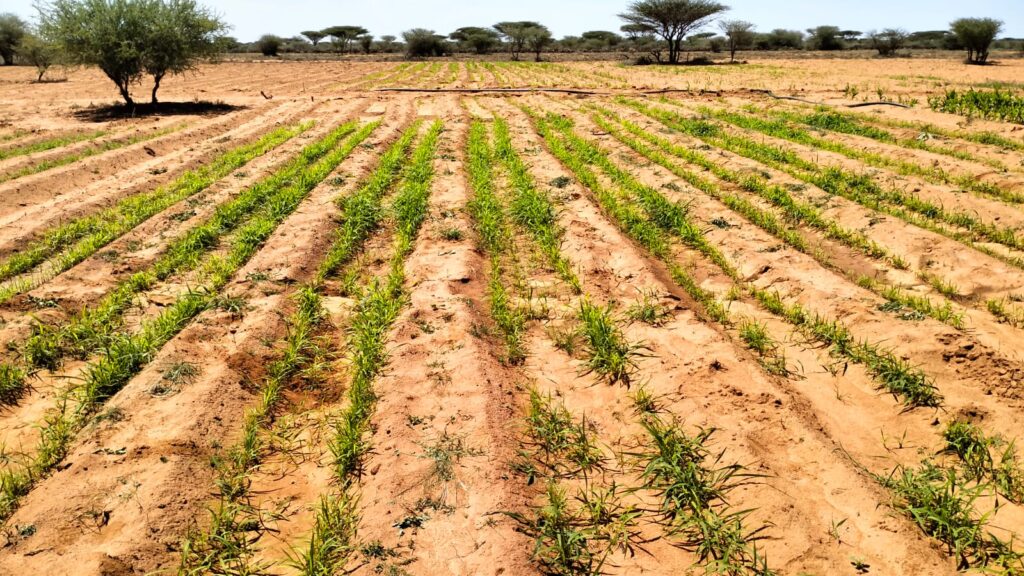
75+
Projects Done
43+
Happy Clients
1250+
Indivituals Trained
15+
International Partners
Featured Projects
Showcasing Primmo Consulting’s expertise and impact.

Gender in Emergency Learning Paper
- Date: March–April 2023
Description
This project documented the perceptions, experiences, and indigenous knowledge surrounding women’s leadership in humanitarian programming in the Ainabo district. Through interviews, focus groups, and field observations, the study provided actionable insights to enhance gender inclusion in emergency responses.Outcome
The report highlighted gaps in current programming and proposed strategies for strengthening women's leadership roles in crisis contexts.- Client: Oxfam
- Focus: Women’s Leadership in Humanitarian Programming
- Date: March–April 2023
Mapping and Gaps Analysis of Women’s Rights Actors
- Date: November–December 2022
Description
Primmo Consulting conducted a comprehensive mapping exercise to identify women’s rights stakeholders across the Sool, Sanaag, and Maroodijeex regions. The analysis assessed their capacities, documented gaps, and developed a capacity-building roadmap to address identified challenges.Outcome
A tailored roadmap for capacity building was created, empowering women-led organizations to engage more effectively in advocacy and leadership.- Client: Oxfam
- Focus: Strengthening Women’s Rights Organizations in Somaliland & Somalia
- Date: November–December 2022


Climate Crisis Analysis in Somalia/Somaliland
- Date: March 2020
Description
This study reviewed climate change trends in Somalia/Somaliland over the past 20 years and projected their impact for the next two decades. The research focused on livelihoods, food security, climate-induced migration, government preparedness, and natural resource management.Outcome
The findings were used to inform climate adaptation policies and strengthen resilience among vulnerable communities.- Client: Oxfam
- Focus: Understanding Climate Change Impacts
- Date: March 2020

Talo-Wadag Mid-Term Evaluation
- Date: December 2019
Description
The mid-term evaluation of the Talo-Wadag project assessed its effectiveness in increasing the voice, participation, and representation of women and youth in decision-making processes. The study involved designing tailored methodologies and data collection tools to evaluate project outcomes.Outcome
The evaluation provided actionable recommendations for improving project implementation and scaling its impact.- Client: Oxfam
- Focus: Women’s Leadership in Humanitarian Programming
- Date: December 2019
Baseline Assessment for Saving Mothers at Delivery Project
- Date: September 2021
Description
This project involved quantitative and qualitative research to assess baseline indicators for maternal health initiatives. The findings provided critical benchmarks for tracking progress and improving healthcare delivery.Outcome
A comprehensive baseline report was developed, guiding THET’s maternal health interventions.- Client: THET
- Focus: Maternal Health in Somaliland
- Date: September 2021

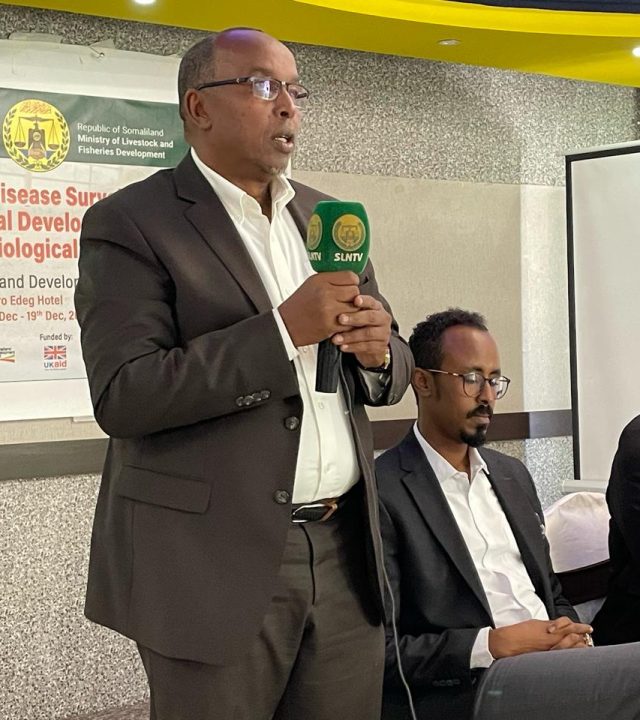
Food Security and Vulnerability Assessment
- Date: November 2017
Description
This assessment measured food availability and access among communities classified as living in emergency conditions. The research included surveys, focus groups, and statistical analyses to identify key vulnerabilities.Outcome
The findings were used to design targeted humanitarian responses to alleviate food insecurity.- Client: Action Aid International
- Focus: Addressing Food Insecurity in Somaliland
- Date: November 2017
Trusted by Leading Organizations
Our partnerships are a testament to our commitment to excellence, professionalism, and results-driven solutions.
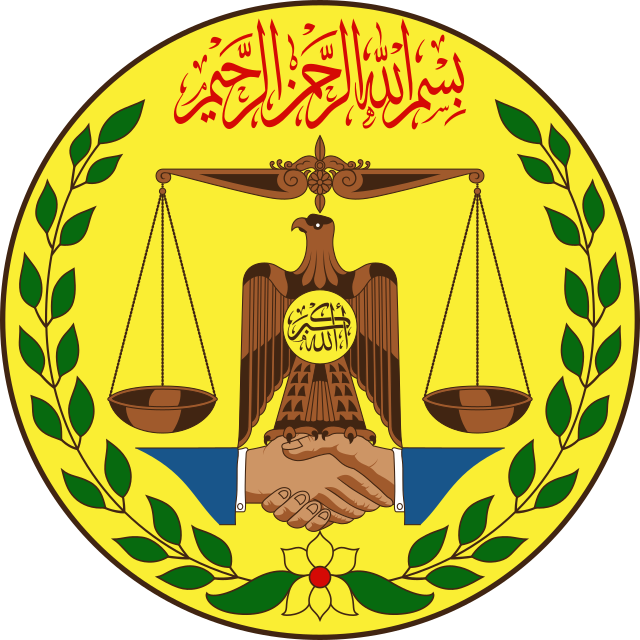

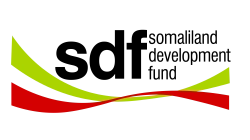
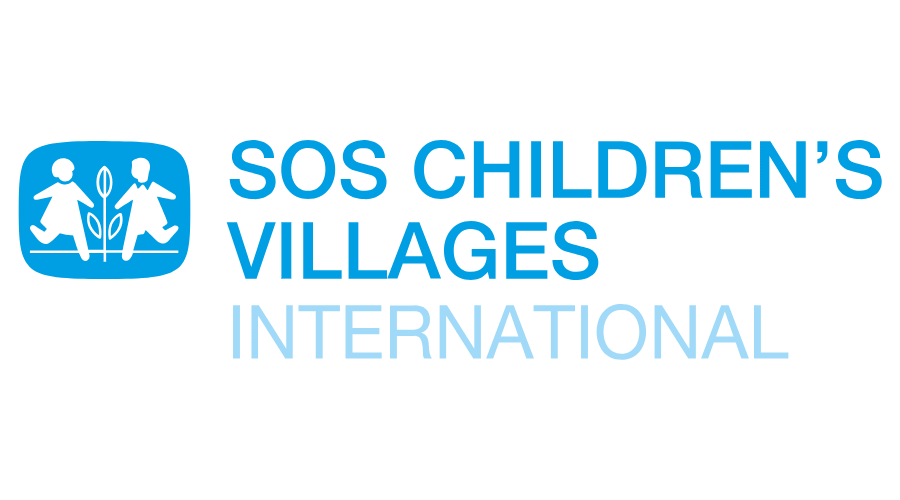
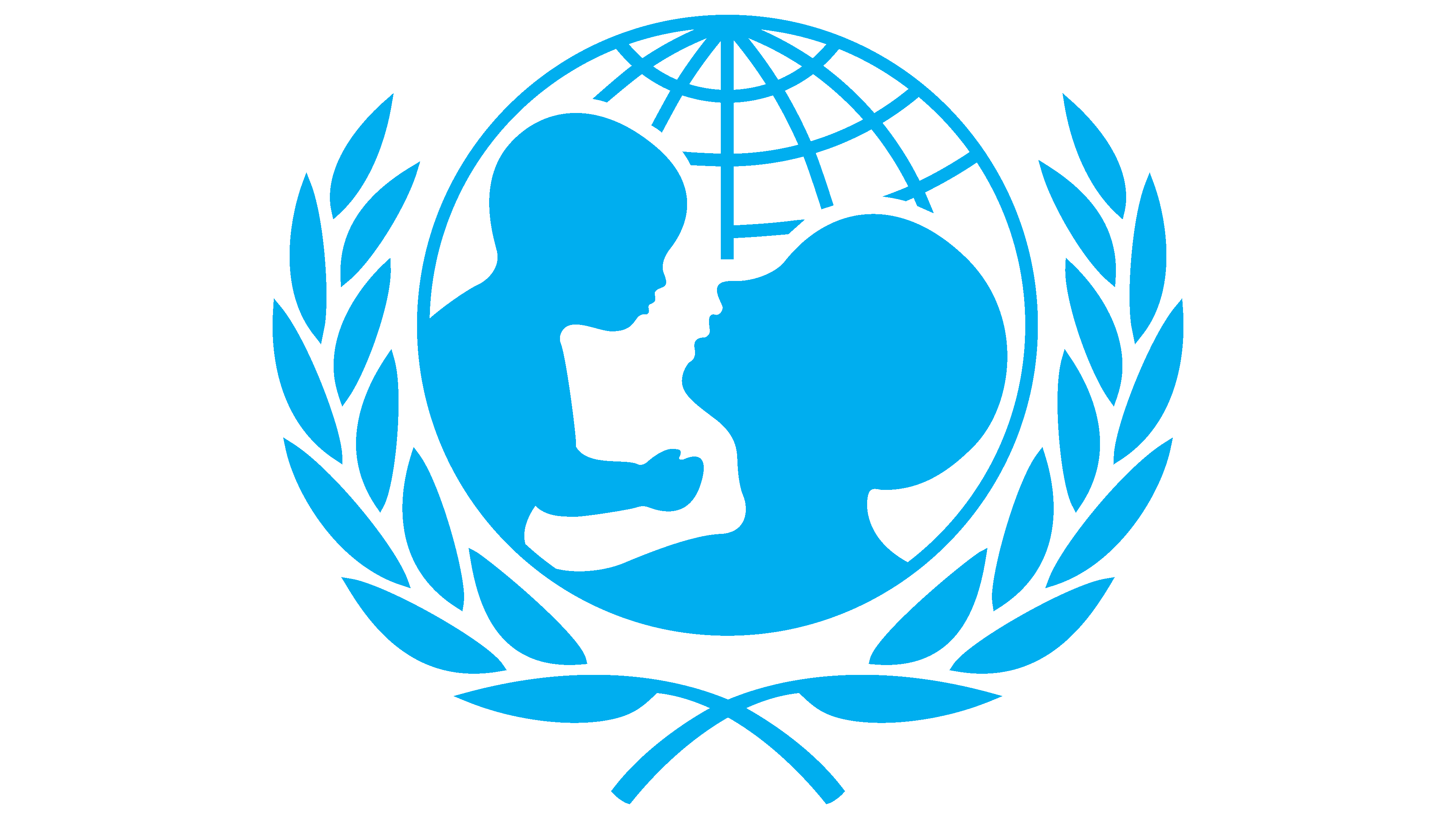
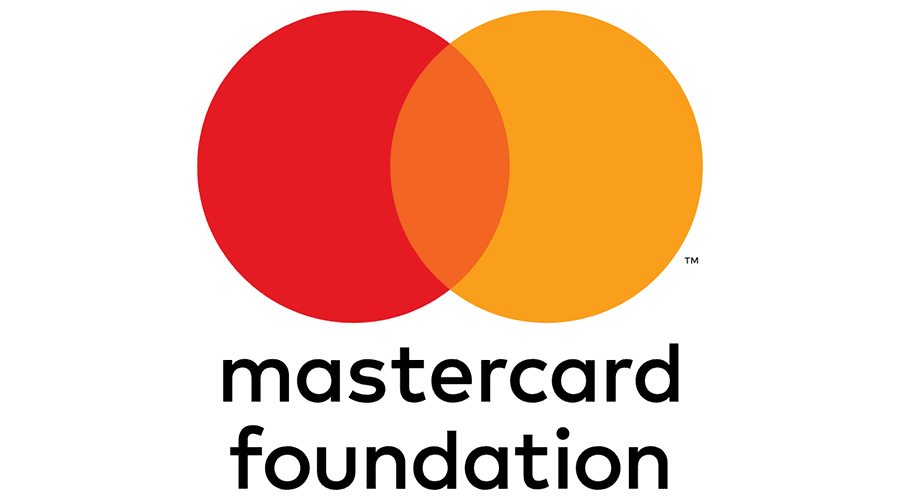
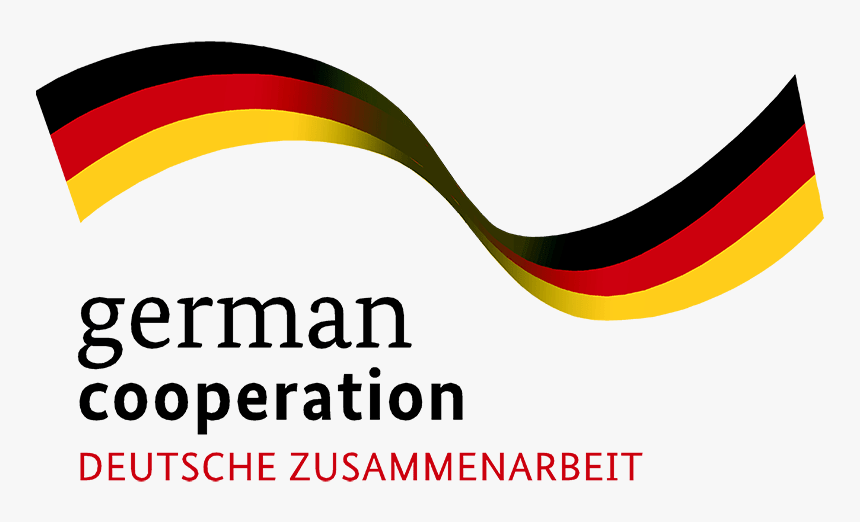
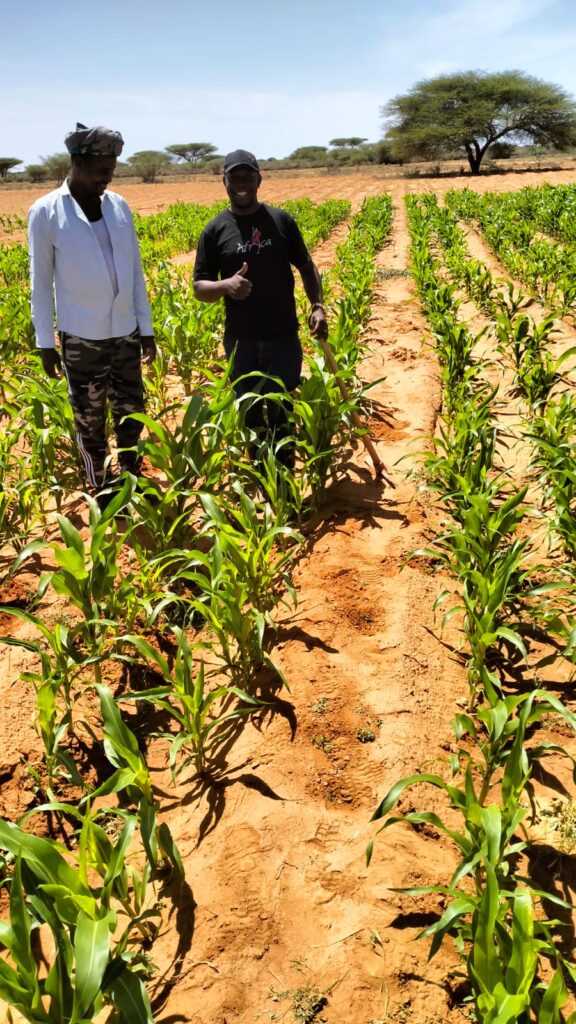
Contact Us to Discuss Your Needs
The research included surveys, focus groups, and statistical analyses to identify key vulnerabilities.